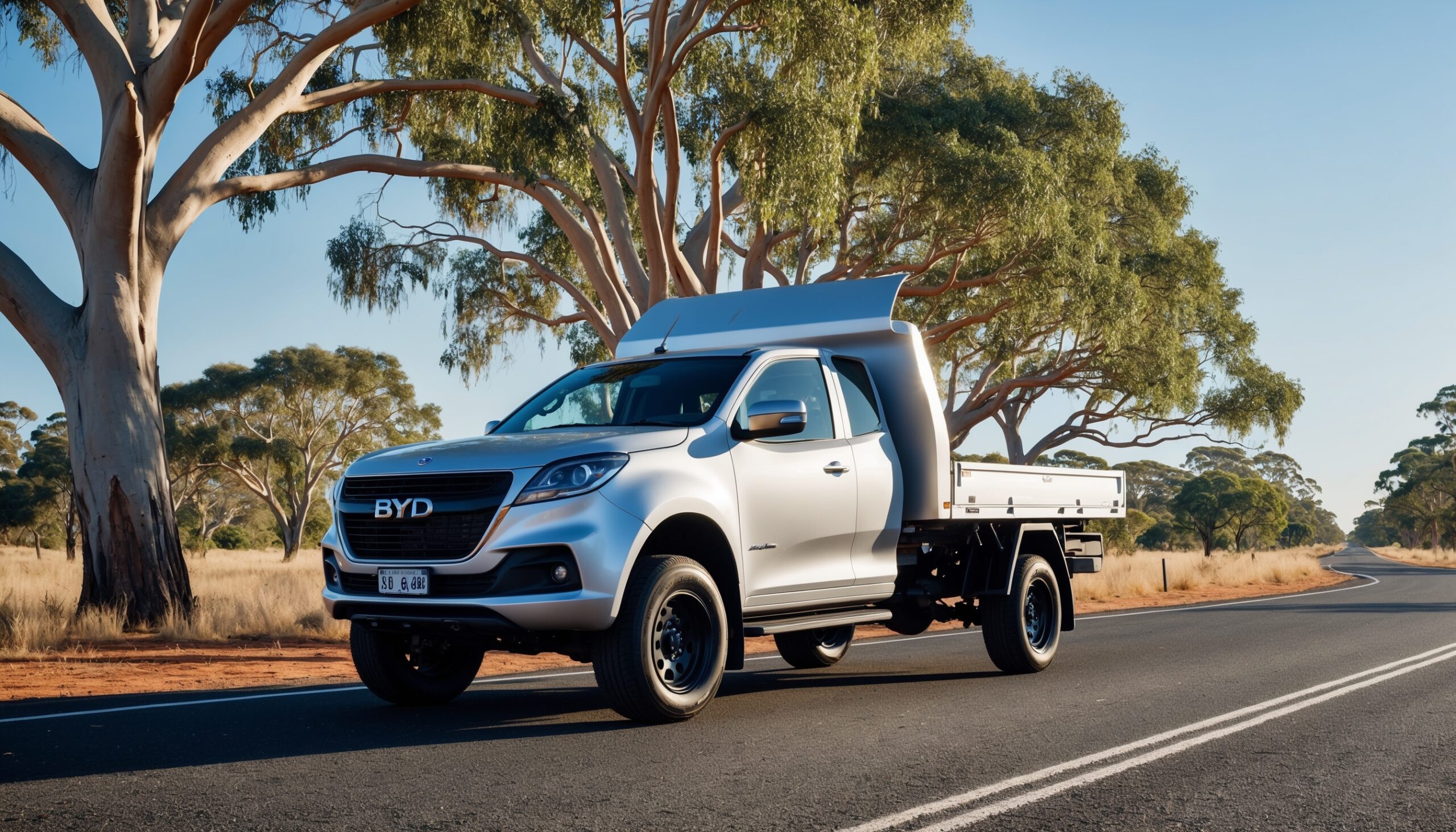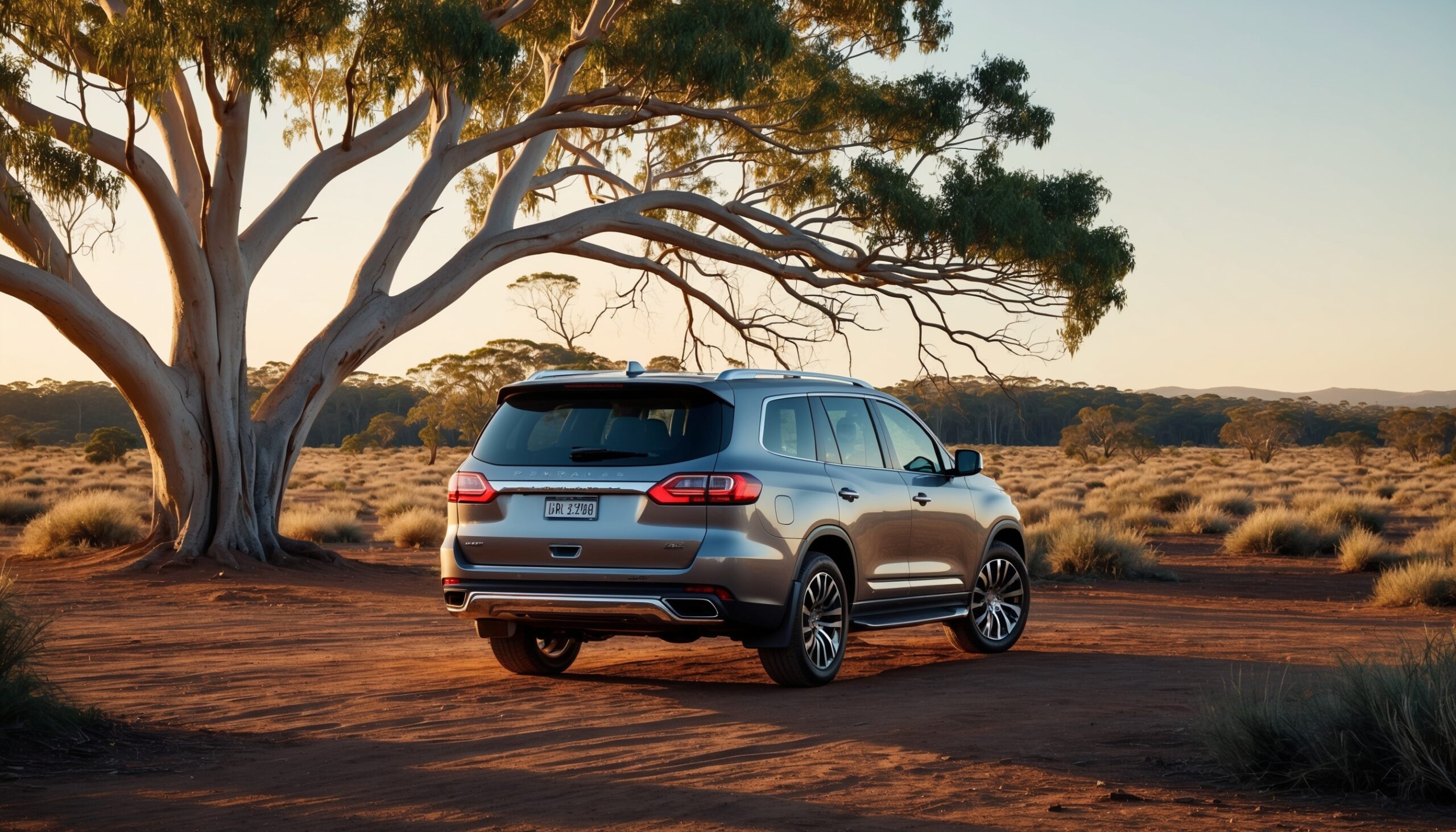Understanding Tonneau Covers
Tonneau covers have become a popular accessory for truck owners, and for good reason. They not only add a sleek look to your vehicle but also provide a layer of protection for the cargo in your truck bed. If you’re a car enthusiast, you likely appreciate how these covers can enhance the utility and aesthetic of your ride. But when winter rolls around, and snow starts falling, a common question arises: is it safe to use a tonneau cover when it’s snowing? Let’s dive into this topic and explore the implications.
Types of Tonneau Covers
Before we tackle the snow question, it’s essential to understand the different types of tonneau covers available on the market. Each type has its unique features and benefits, which may influence their performance in snowy conditions.
- Soft Roll-Up Covers: These are made from vinyl or fabric and roll up for easy access. They are lightweight and generally easy to install.
- Hard Folding Covers: Constructed from rigid panels, these covers provide superior protection and security. They can handle more weight and are less susceptible to damage from snow or ice.
- Retractable Covers: These are similar to a garage door, retracting into a canister at the front of the bed. They offer excellent security and accessibility.
- Snap Covers: These are typically made of vinyl and require snapping into place. They are more affordable but may not perform as well in extreme weather conditions.
How Snow Affects Tonneau Covers
When it snows, several factors come into play that can affect the performance and safety of a tonneau cover. Here’s what you need to consider:
- Weight of Snow: Heavy snow accumulation can add significant weight to a tonneau cover. Depending on the type of cover you have, this could lead to sagging or even damage.
- Temperature Fluctuations: Rapid changes in temperature can cause materials to expand and contract, potentially leading to warping or cracking, especially in soft covers.
- Water Seepage: If not properly sealed, melting snow can seep into the truck bed, causing rust and damage to your cargo.
Considerations for Using Tonneau Covers in Snow
Now that we understand how snow affects tonneau covers, let’s dig deeper into whether it’s safe to use them in snowy conditions. Here are some important points to consider:
1. Material Matters
The material of your tonneau cover plays a significant role in its performance during snow. For instance, a hard folding cover made of aluminum or fiberglass is likely to withstand snow better than a soft vinyl cover. If you live in an area where heavy snowfall is common, investing in a more durable option may be worthwhile.
Also Read: Is It Safe To Use A Tonneau Cover When It's Snowing?
2. Proper Installation
Ensuring that your tonneau cover is installed correctly is crucial, especially in winter. A poorly installed cover can lead to gaps that allow snow to enter the truck bed. Regularly check your cover for any signs of wear or improper fit, and make necessary adjustments before the snow hits.
3. Weight Management
As snow accumulates, it’s essential to manage the weight on your tonneau cover. Most covers have a weight limit, and exceeding this limit can cause damage. If you notice a significant snow build-up, consider brushing off the snow as often as possible to alleviate the pressure on the cover.
4. Cargo Protection
If you frequently transport valuable items, a tonneau cover can provide an added layer of protection against snow and ice. However, if you’re loading items that are sensitive to moisture, ensure that your cover is watertight to prevent snow melt from damaging your cargo.
5. Visibility and Safety
When it snows, visibility can be compromised. Make sure that your tonneau cover does not obstruct your rear view. Additionally, ensure that your truck lights are visible and functioning correctly, as they are essential for safe driving in snowy conditions.
Also Read: Is It Safe To Use A Tonneau Cover When It's Snowing?
Benefits of Using a Tonneau Cover in Winter
Despite the concerns, using a tonneau cover during winter has several benefits:
- Protection from Elements: A tonneau cover can shield your cargo from snow, ice, and freezing temperatures, helping to maintain the integrity of your items.
- Improved Fuel Economy: By reducing drag in the truck bed, a tonneau cover can enhance your vehicle’s aerodynamics, potentially improving fuel efficiency during winter drives.
- Security: Tonneau covers offer an additional layer of security for your belongings, discouraging theft and unauthorized access.
Maintenance Tips for Tonneau Covers in Winter
Keeping your tonneau cover in good condition during winter months is essential for its longevity and effectiveness. Here are some tips to maintain your cover:
- Regular Cleaning: Snow and ice can lead to grime build-up. Regular cleaning with mild soap and water will help maintain the cover’s integrity.
- Check Seals: Inspect the seals around your cover periodically to ensure they are intact and preventing moisture from entering the truck bed.
- Avoid Heavy Loads: Refrain from placing heavy items on top of the cover during snowstorms, as this can lead to structural damage.
What to Do If Your Tonneau Cover Gets Damaged
Even with the best precautions, damage can occur. Here’s what you can do if your tonneau cover sustains damage during the winter:
- Assess the Damage: Determine the extent of the damage. Is it a small tear, or is the cover significantly warped?
- Consult the Manufacturer: Check your warranty and reach out to the manufacturer for guidance on repairs or replacements.
- Repair if Possible: For minor damages, many covers can be repaired with adhesive patches or sealants. Always follow manufacturer recommendations for repairs.

Real-Life Experiences
To give you a more practical understanding of using tonneau covers in snowy conditions, let’s look at some real-life experiences from truck owners.
Owner 1: The Hard Folding Cover User
John, a truck enthusiast from Colorado, swears by his hard folding tonneau cover. “I’ve driven through some serious snowstorms, and my cover has held up incredibly well. I make sure to brush off the snow regularly, and I haven’t had any issues with sagging or leaks,” he shares. His experience highlights the importance of choosing the right type of cover for winter conditions.
Owner 2: The Soft Roll-Up Cover User
On the other hand, Maria, who utilizes a soft roll-up cover, had a different experience. “Last winter, I didn’t think about the snow weight, and I ended up with a sagging cover. It was a hassle to fix, but I learned my lesson!” she laughs. Her encounter emphasizes the need for vigilance and regular maintenance during winter months.
Conclusion: Is It Safe to Use a Tonneau Cover When It’s Snowing?
In summary, using a tonneau cover when it’s snowing can be safe, but it largely depends on the type of cover you have, how well it’s maintained, and how you manage snow accumulation. As a car enthusiast, ensuring that your truck is equipped to handle winter conditions not only protects your cargo but also enhances your driving experience. Remember to choose a cover that suits your needs, keep it clean and well-maintained, and always be cautious of the weight of snow. With the right approach, you can enjoy the benefits of a tonneau cover even in the snowiest of conditions.
For more tips and insights, stay tuned to Torque Feed, where we bring you the latest in automotive news and advice!












